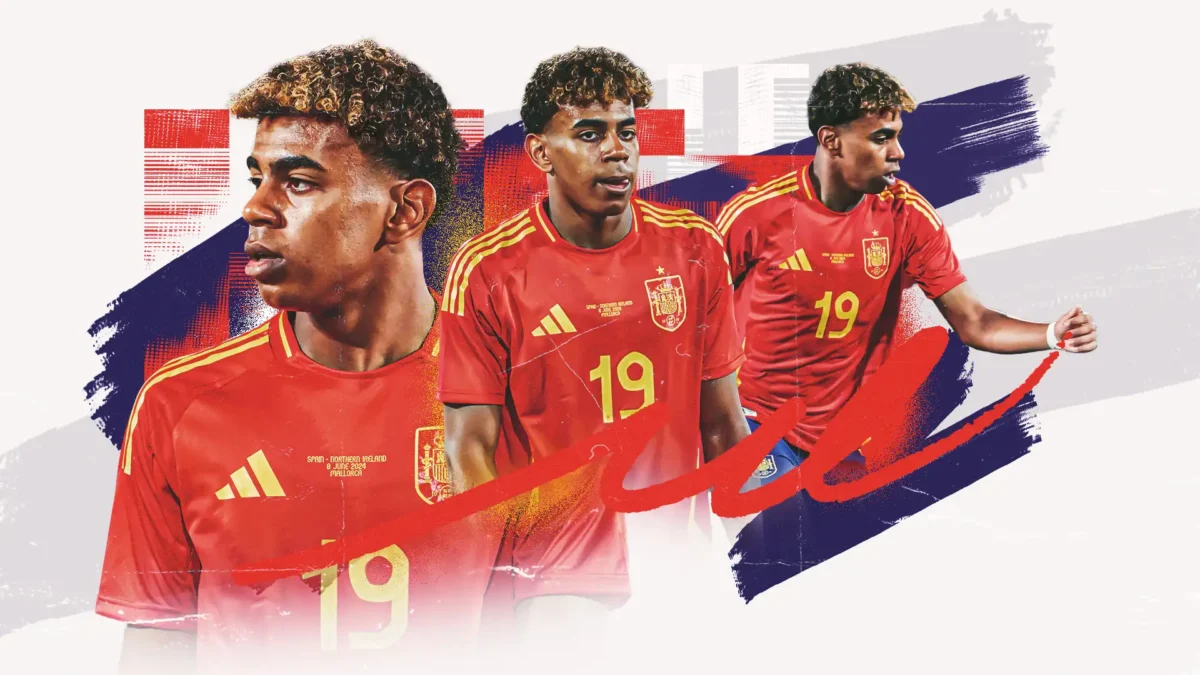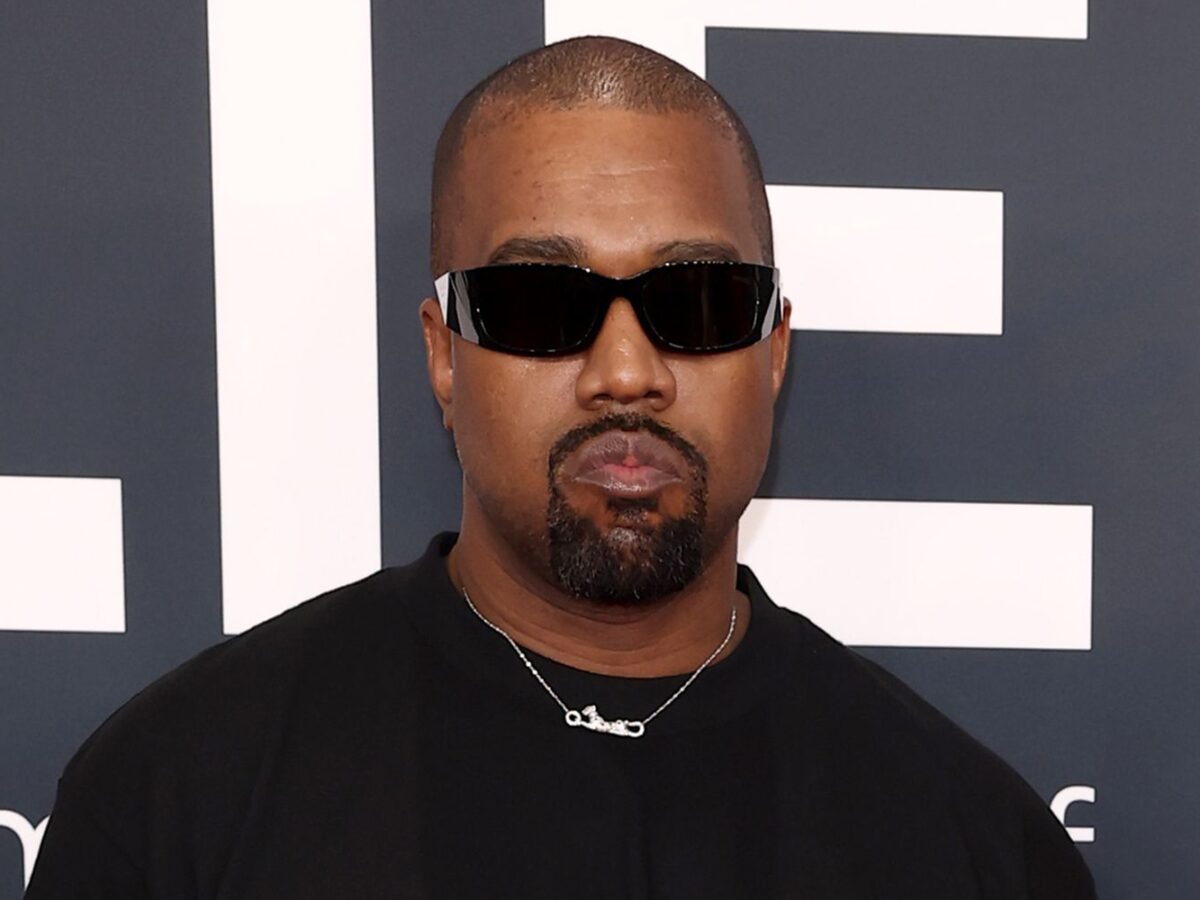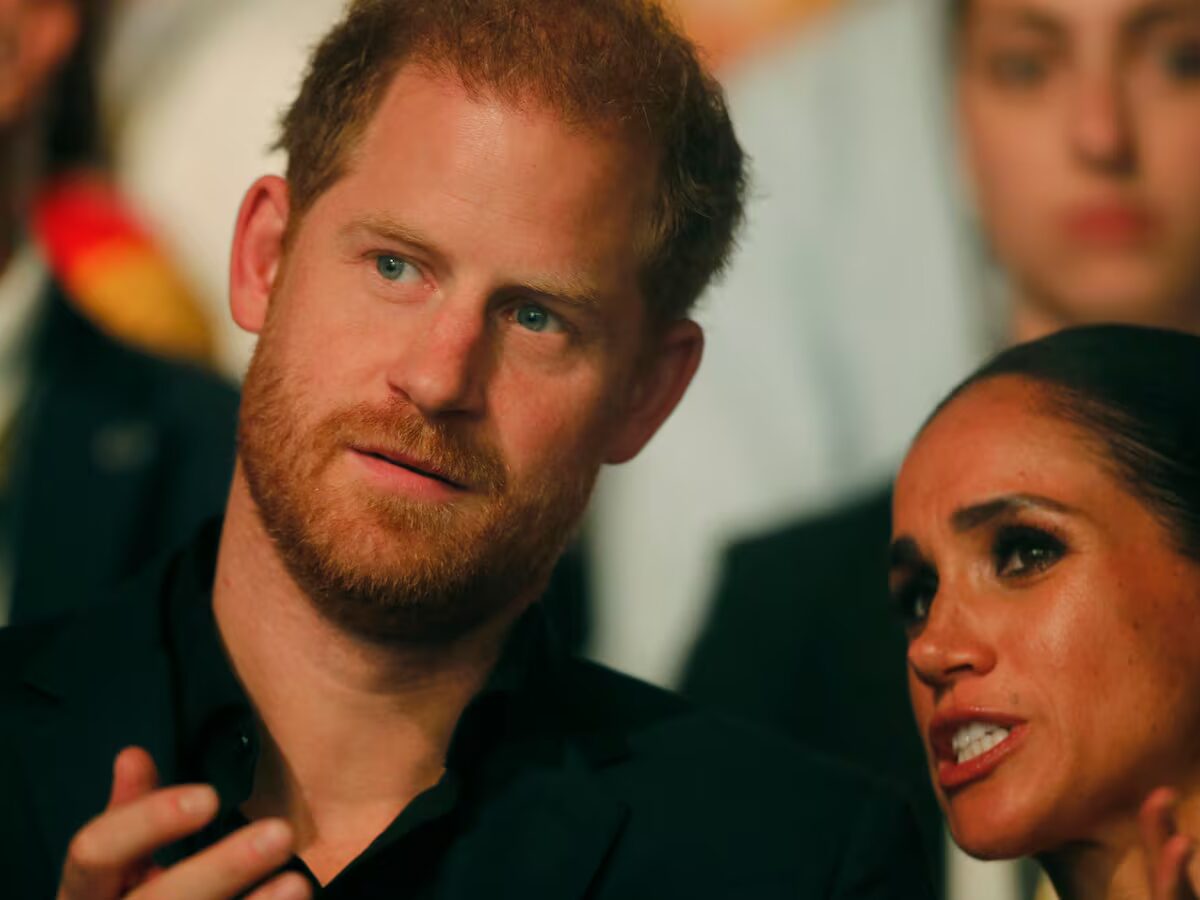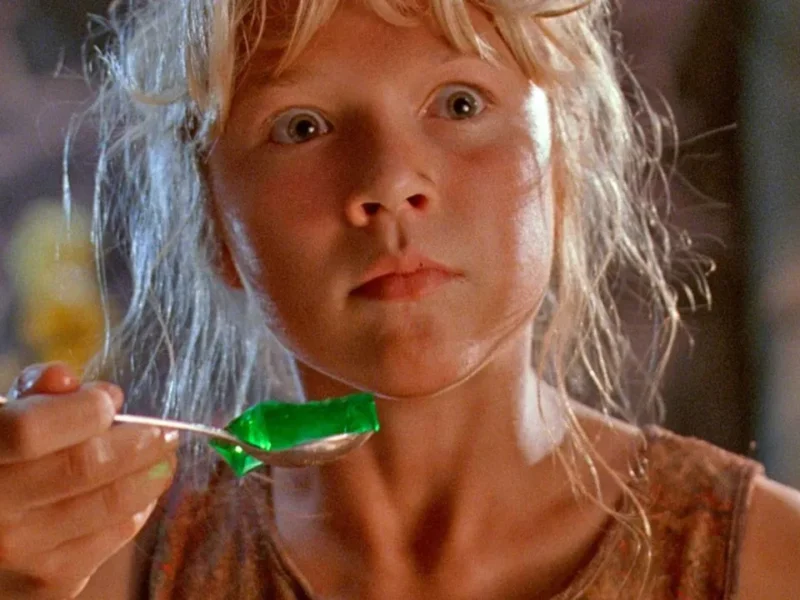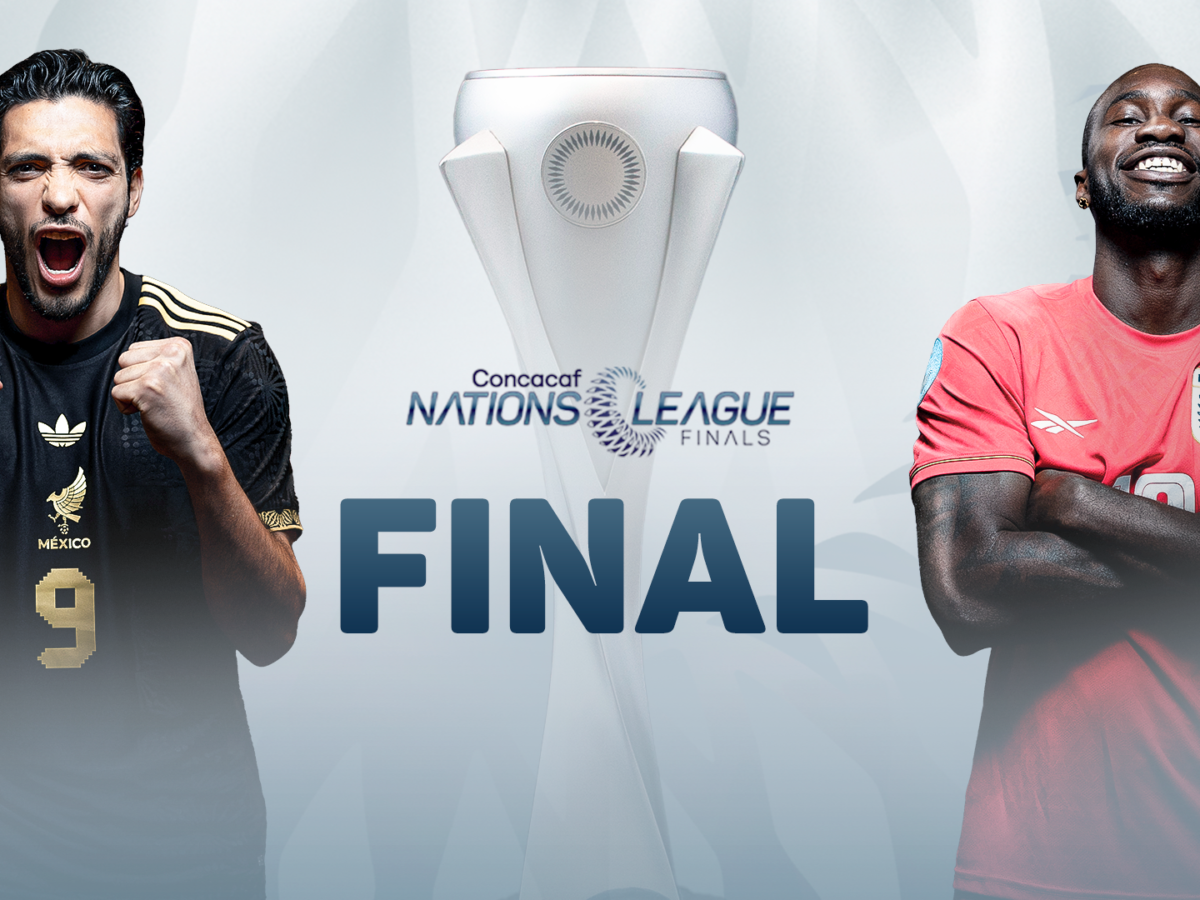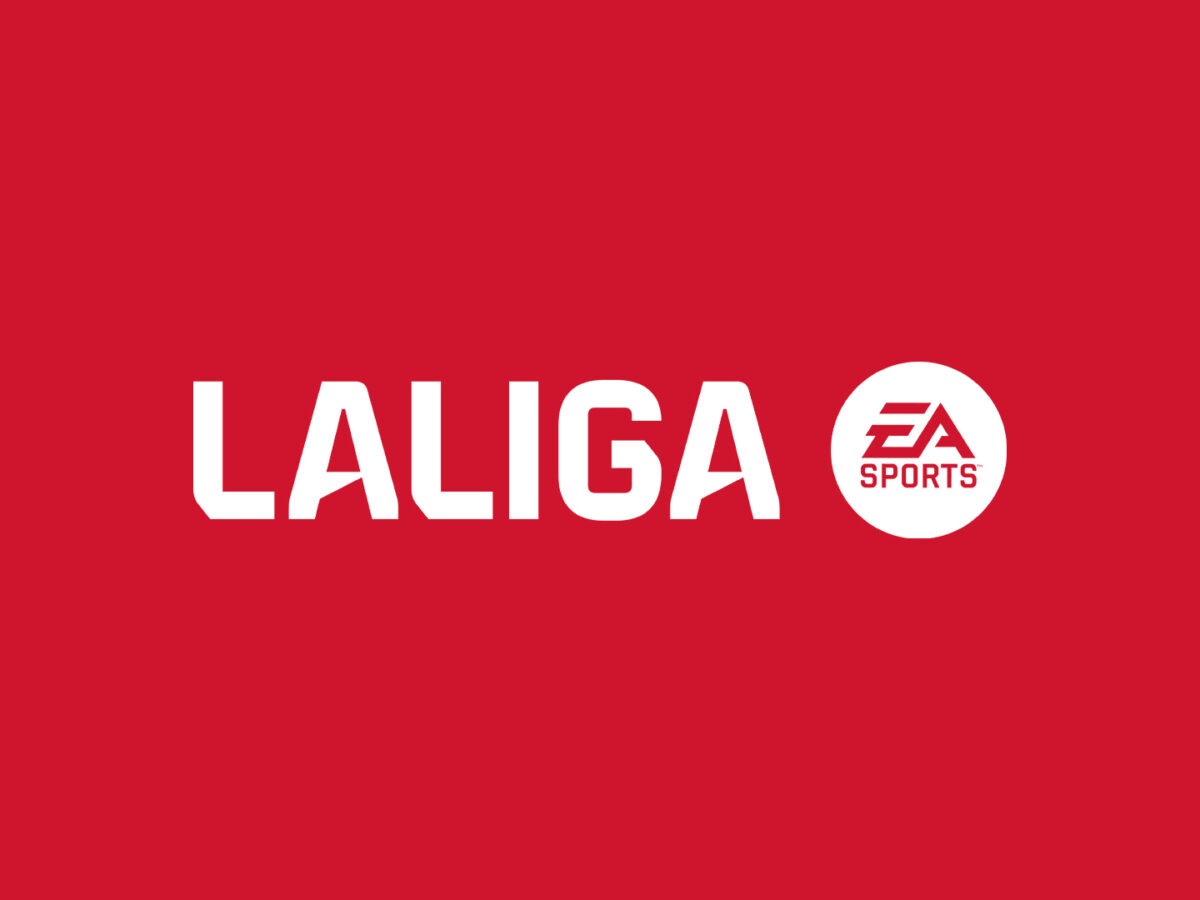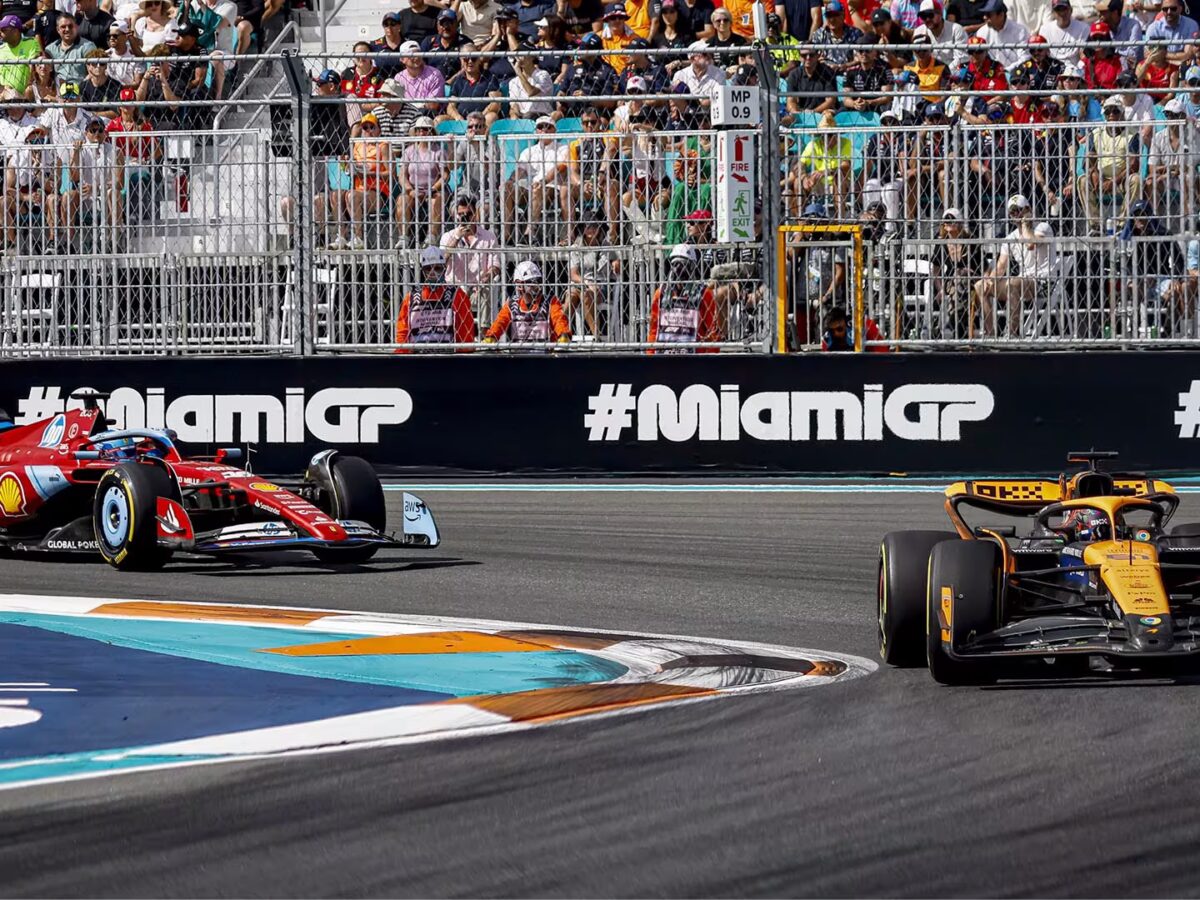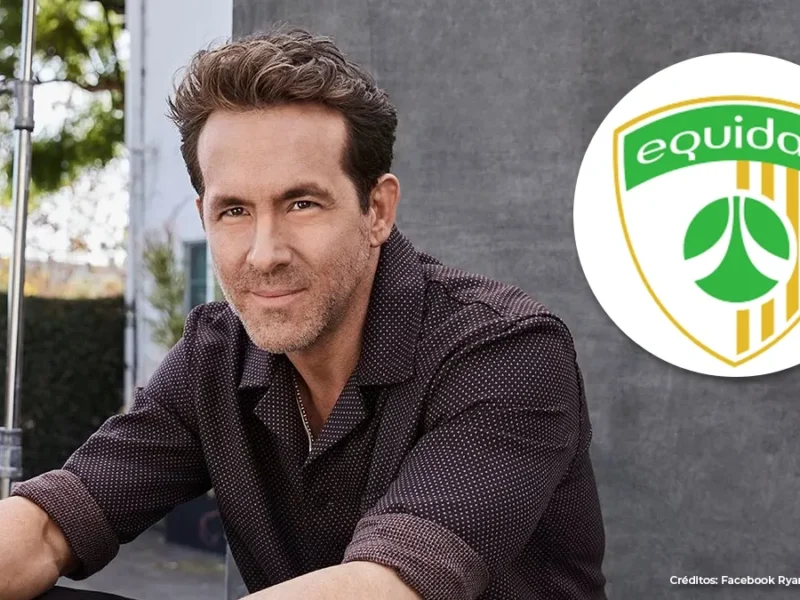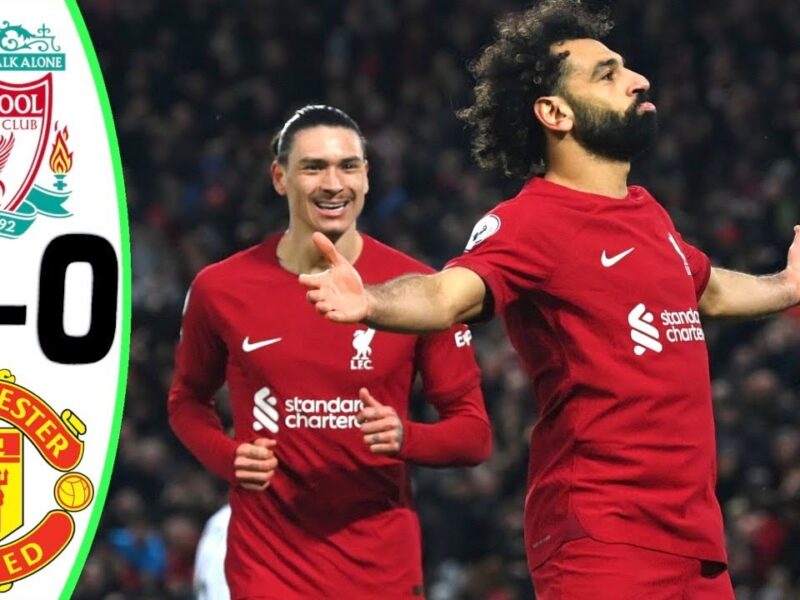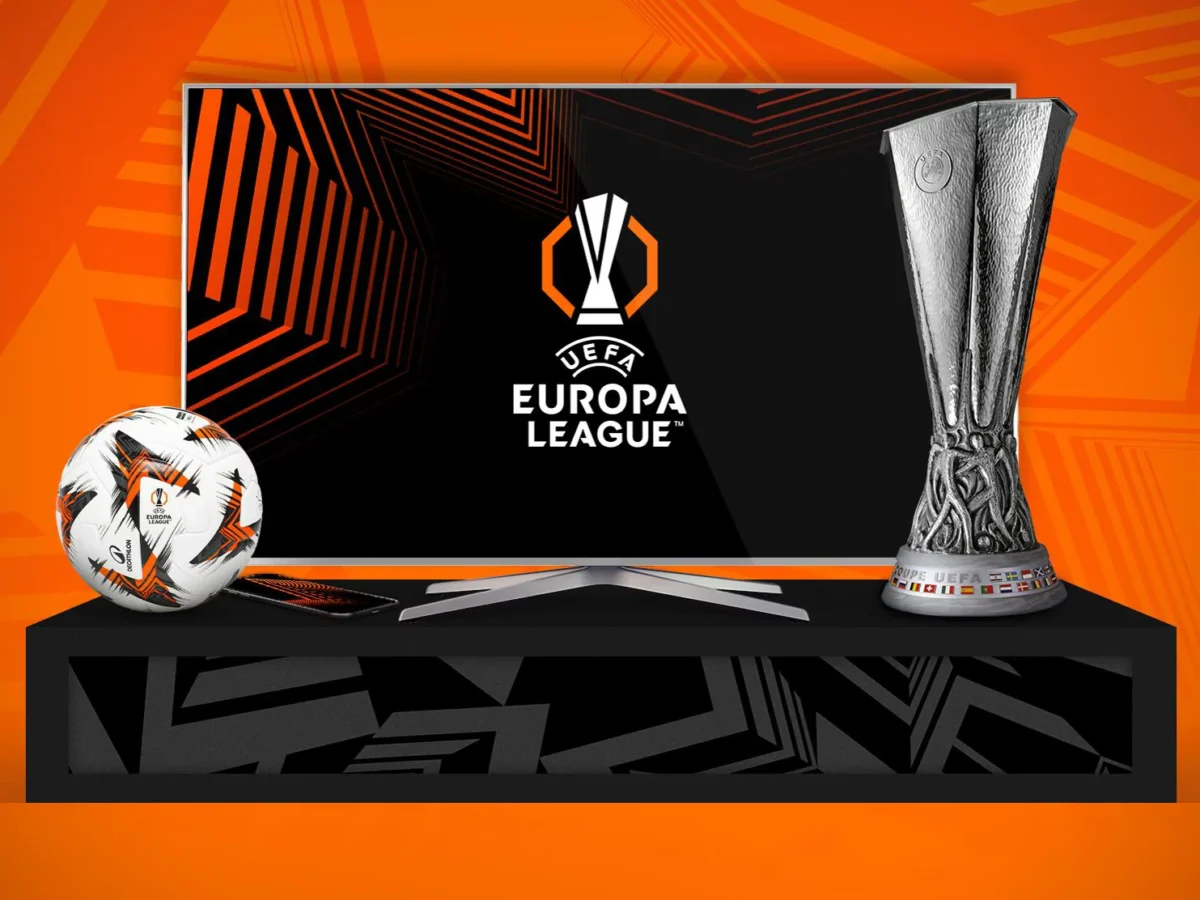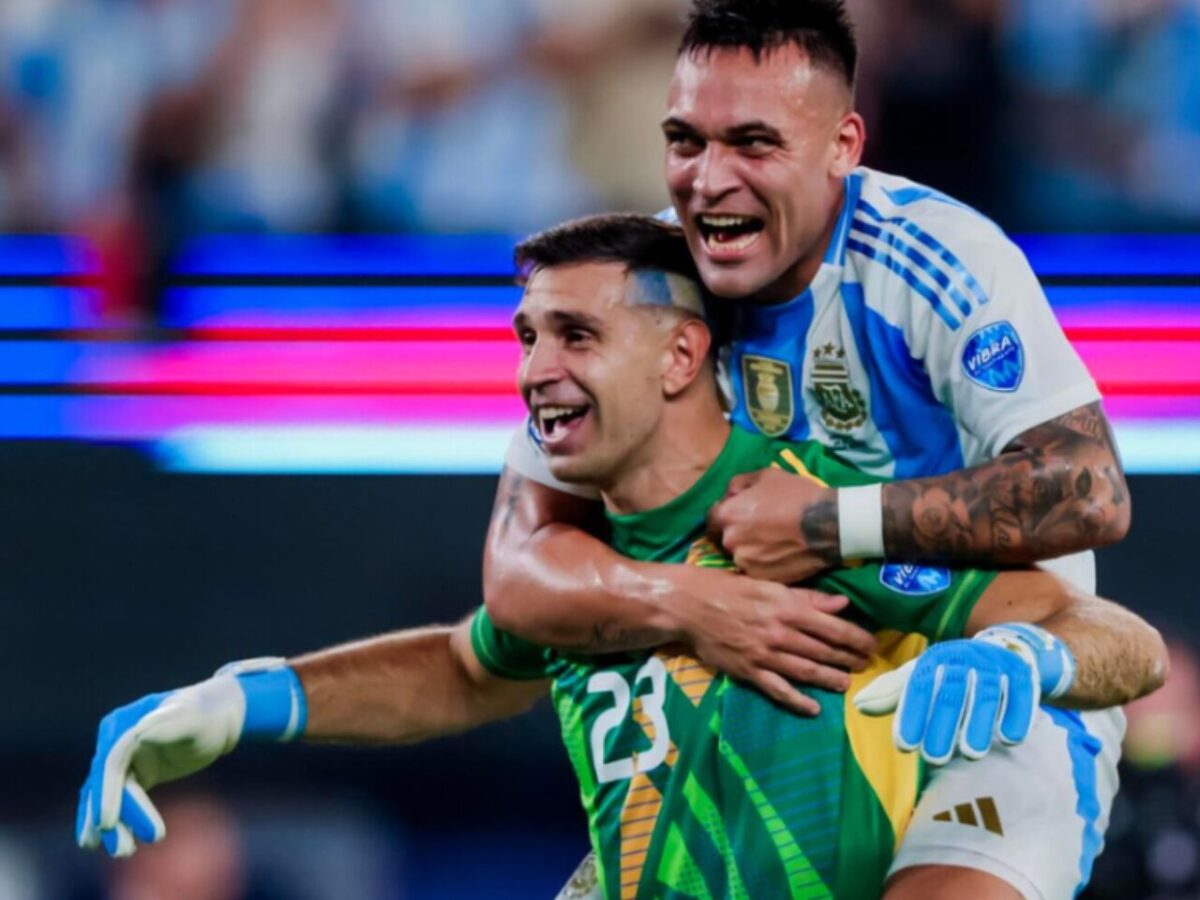Born in Esplugues de Llobregat to a Moroccan father and an Equatorial Guinean mother, Lamine Yamal had every reason to represent Morocco—or Equatorial Guinea—on the international stage. And yet, when choosing a national team, the young FC Barcelona prodigy committed himself to Spain, a decision that stirred curiosity, pride, and even some frustration across borders. At just 16, Yamal isn’t merely making history—he’s making calculated moves. But why Spain? Why not Morocco, a country deeply rooted in his bloodline?
Growing up in Catalonia, surrounded by the rhythms of La Liga and the philosophy of tiki-taka, Yamal’s football DNA was coded early on. From the moment he joined La Masia at age seven, his trajectory was unmistakably Spanish. He’s been part of Spain’s youth squads since the under-15s, and by the time he debuted with the senior team in 2023, he’d already stated: “I’ve always played with Spain, since the under-15s. I’ve always been clear that I wanted to play for Spain.” His words, shared during an interview that same year, echoed with a sincerity that made his allegiance seem less like a choice and more like a natural extension of his upbringing.
A Matter of Belonging
Despite the Moroccan and Equatorial Guinean flags stitched onto his boots—a gesture of tribute—Yamal’s day-to-day reality is Spanish. School, friends, coaches, the streets where he played—all based in Spain. His grandmother summed it up best in a 2024 interview, saying: “He was born here, studied here. That boy is not from Morocco.” According to a detailed piece by Marca, his immediate environment played a decisive role, particularly the influence of his mother and grandmother, who supported his desire to stay in Spain, where his roots felt strongest.
Even though his father, Mounir Nasraoui, originally from Larache, Morocco, reportedly hoped his son might wear the green of the Atlas Lions, there was no pressure. Family, while opinionated, ultimately backed Yamal’s personal decision. And personal it was—because for a young footballer like him, the jersey is not just a symbol of nationality, but also of opportunity.
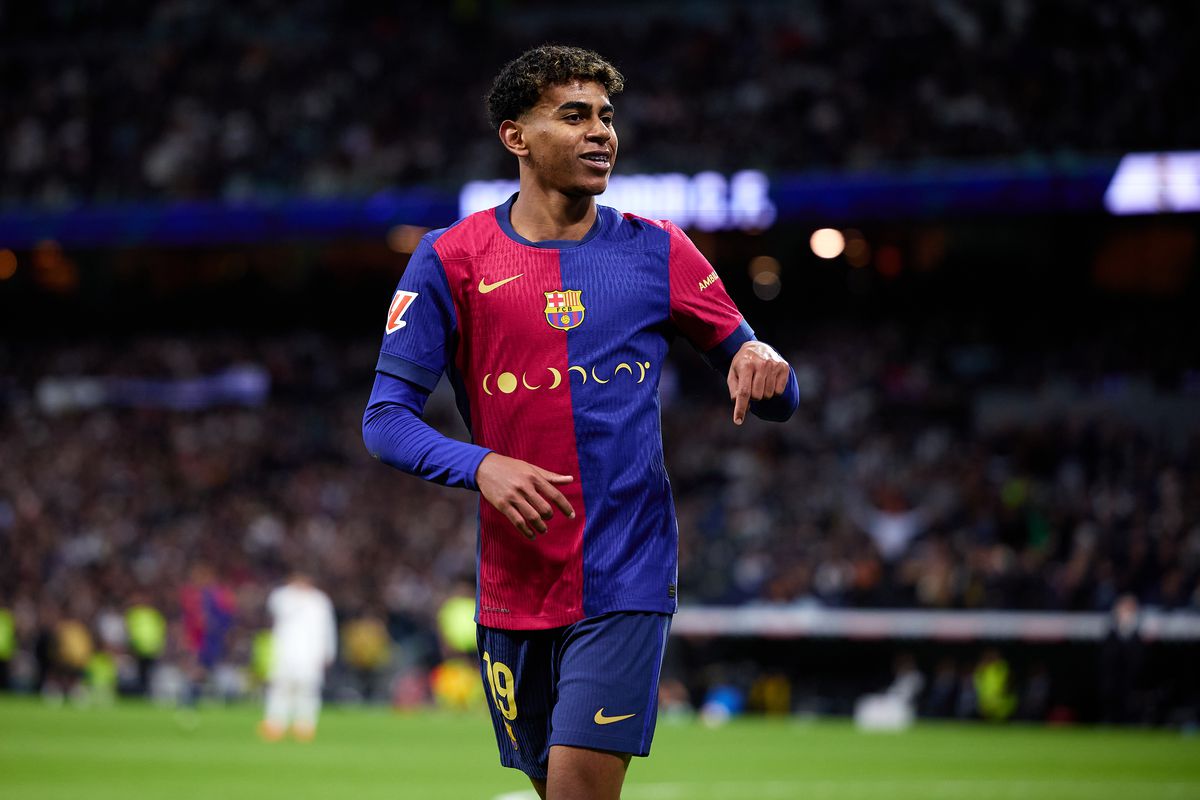
The Competitive Edge of Spain
From a career perspective, choosing Spain was, arguably, the safer and more ambitious bet. The Spanish national team, La Roja, is a football powerhouse with a legacy built on World Cup and European Championship triumphs. By contrast, Morocco, despite its incredible fourth-place finish in the 2022 World Cup, is still forging its path among the global elite.
For someone with aspirations as high as Yamal’s, Spain offers a global platform, competitive fixtures, and a proven development structure. During the Euro 2024, he not only justified his selection but thrilled audiences with his speed, control, and maturity on the field. He finished the tournament as the Best Young Player, cementing his place as one of Europe’s most exciting prospects.
As reported by The Athletic, Yamal openly declared: “I want to win a European Championship, a World Cup, and everything possible.” It’s hard to ignore how Spain’s infrastructure and legacy aligned with that vision. While Morocco made a commendable pitch—sending coach Walid Regragui and even holding meetings with the family—by then, Yamal had already featured in three official matches for Spain, tying him to La Roja under FIFA’s eligibility rules.
Morocco’s Missed Chance
The Royal Moroccan Football Federation (FRMF) did not stay passive. They saw in Yamal a cornerstone for a future golden generation. Meetings were held, offers made, and conversations pursued with his family. But according to statements by FRMF president Fouzi Lekjaa, it became clear by early 2024 that their efforts were too little, too late. Lekjaa told L’Équipe: “Lamine was already convinced to go with Spain.”
Morocco’s recent football rise, backed by heavy investment in youth academies and infrastructure like the Mohammed VI Football Complex, was simply not enough to sway the young star’s commitment. As ESPN FC noted, the federation’s strategic approach was solid—but their timing couldn’t override the years of emotional and professional connection Yamal already had with Spain.
Still, his story does reflect the broader trend in international football: players with dual nationality must often choose not just between countries, but between legacies, emotions, and long-term potential. Yamal’s case was just one of many, but it gained outsized attention due to his talent and youth.
An Identity Forged in Boots and Ball
Ultimately, Lamine Yamal’s choice tells us something profound about the modern footballer. Identity isn’t fixed by flags or birthplaces—it’s shaped by relationships, rhythm, opportunity, and a sense of belonging. His boots carry the symbols of Morocco and Equatorial Guinea, but his career is being written in the red of Spain.
He may not have grown up playing in the sands of Larache or listening to the roars of Moroccan stadiums, but Yamal never denied his heritage. Instead, he carries it in subtle ways while standing tall on the international stage, playing for the nation that nurtured his gift. As of March 2025, he remains focused, determined, and resolutely Spanish in his footballing identity.
The real question now isn’t why he chose Spain—it’s how far he’ll go now that he’s here. Will Yamal become the next great face of La Roja, or will the weight of expectation prove too heavy? Either way, the journey has begun, and the world is watching.

Keep reading about this topic

